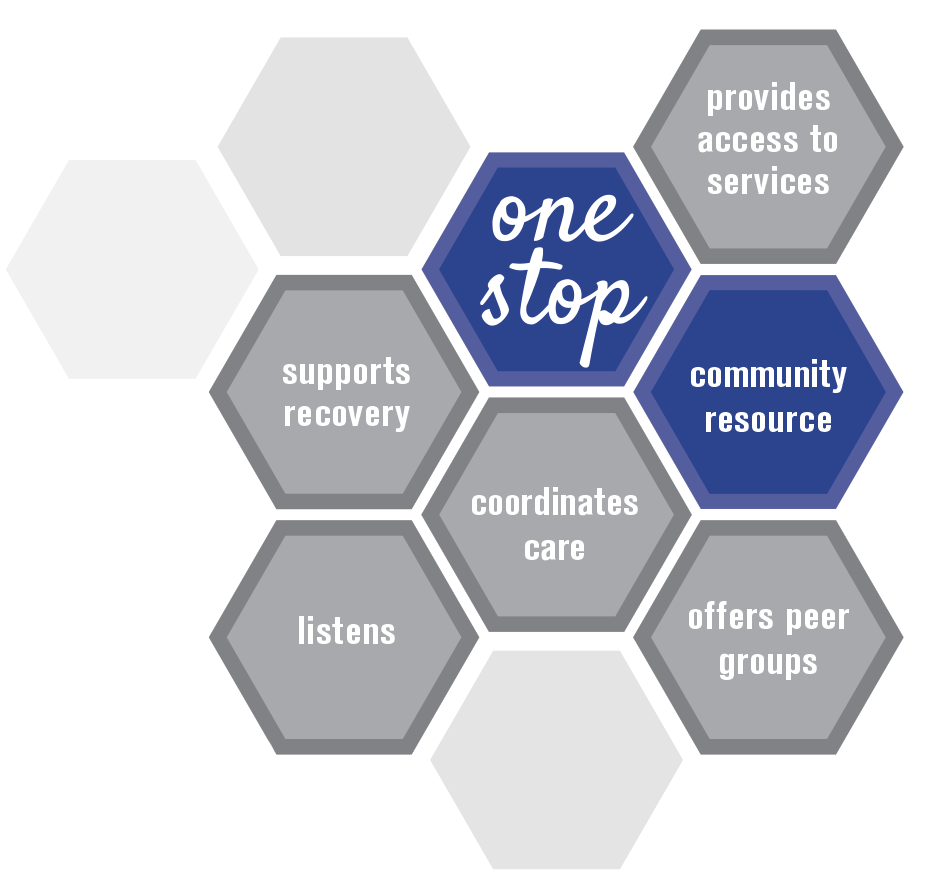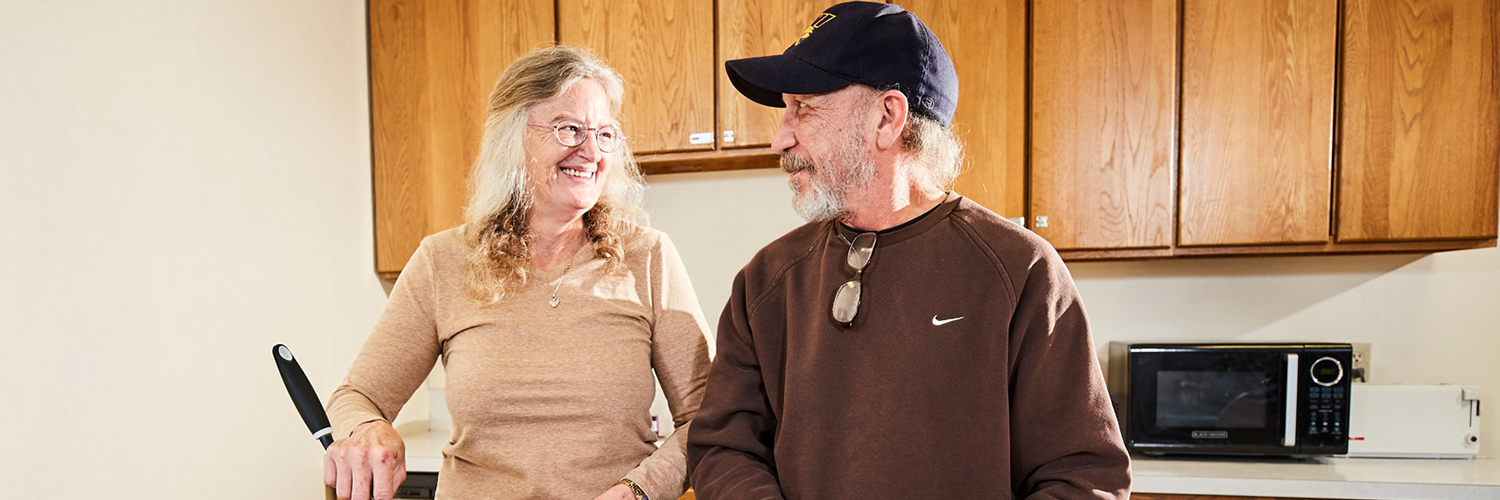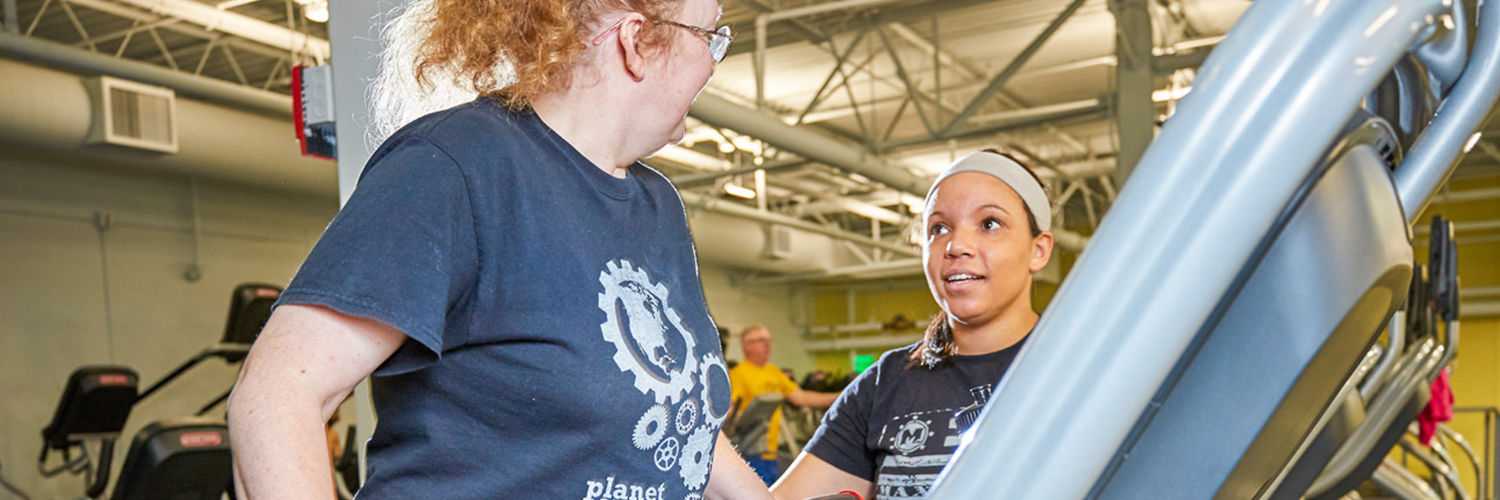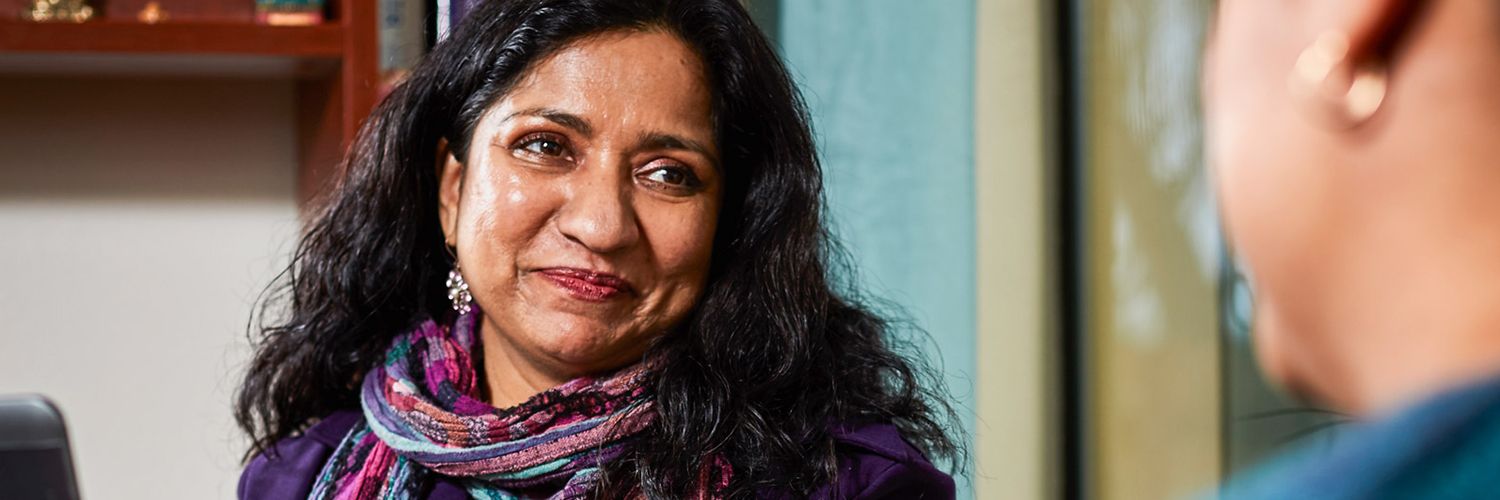About Laurel Hill Center
Our Mission
 Laurel Hill Center is committed to helping people with psychiatric disabilities make choices and acquire skills that increase their self-reliance and ability to live and work in the community.
Laurel Hill Center is committed to helping people with psychiatric disabilities make choices and acquire skills that increase their self-reliance and ability to live and work in the community.
Who we Serve
Laurel Hill Center serves approximately 600 Lane County adults annually. The most common psychiatric conditions are schizophrenia, bi-polar disorder, major depression, and post-traumatic stress disorder. About 95 percent of the people we serve have incomes under the federal poverty level, and 59 percent are women, reflecting the fact that women are more likely to seek help.
Our History
When Laurel Hill Center was founded in 1972, many people with serious mental illnesses were being discharged from state psychiatric hospitals, only to be readmitted. Laurel Hill Center’s first program, Harmony House, was developed by community volunteers to counter the isolation people experienced after leaving state institutions. In 1977, Founder Mary Alice Johnston joined other leaders in participating in the national Community Support Programs Initiative, which defined essential psychiatric rehabilitation services and provided training opportunities.
In 1978, our Supported Work Experience and Employment Program (SWEEP) began offering vocational opportunities for clients and contributing support for Laurel Hill Center expenses.
In 1981, Laurel Hill Center was selected as a training site by Boston University’s (BU) Center for Psychiatric Rehabilitation. We adapted BU’s systematic method of teaching staff skills that maximize their effectiveness in helping participants change behavior and increase self-sufficiency. Our on-going exchange with BU inspired our readiness to continuously improve our services and develop new ones based on documented advances in the field.
In 2006, Harmony House was succeeded by Pathways Learning & Wellness Center. Pathways gives clients tools to function in the community and deal with the issues that come up in life. In addition, Laurel Hill Center now provides a comprehensive array of evidence-based services that foster recovery.
“It takes a lot of support to work through the past, the present, and then work toward the future,” said our client, Rhonda. “I’m taking care of myself on every level I can. And I wouldn’t be able to do it without Laurel Hill.”



